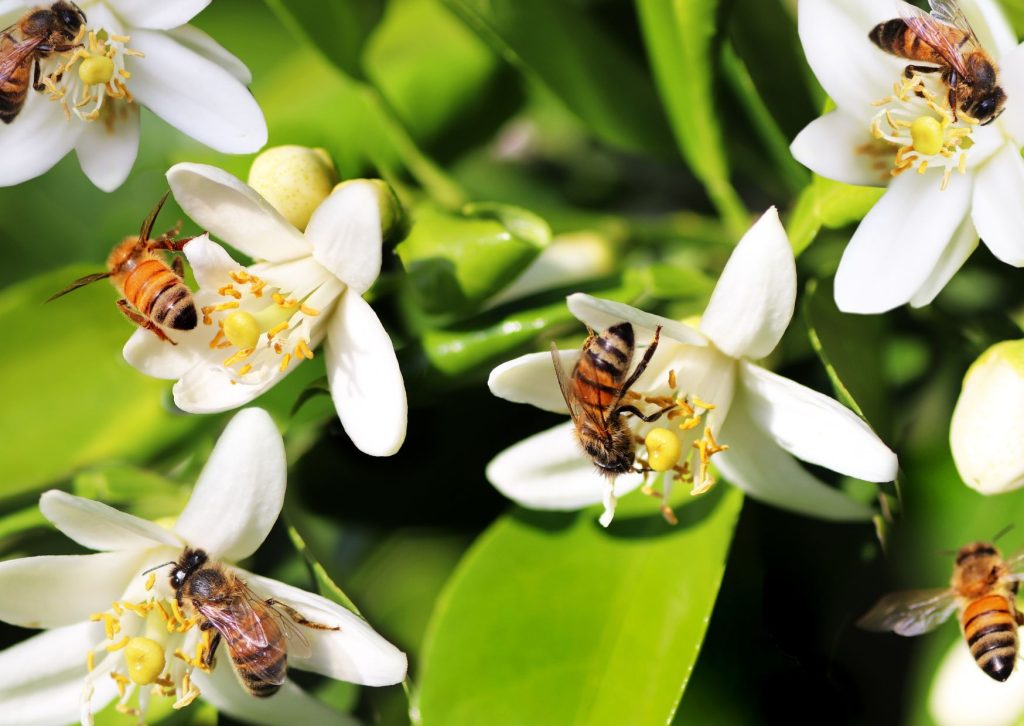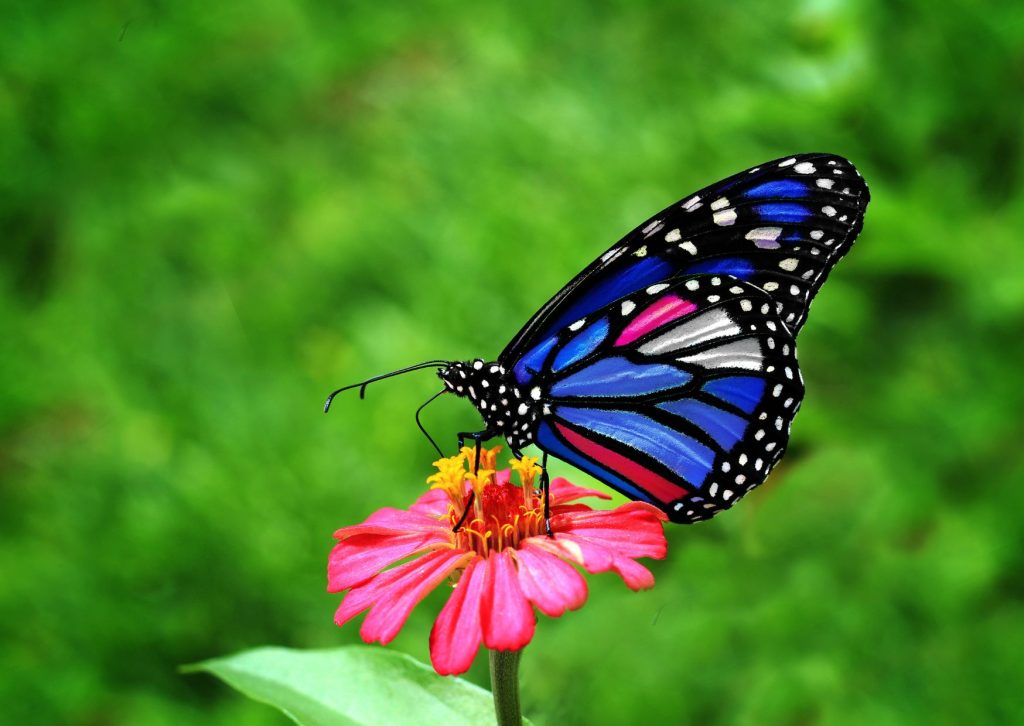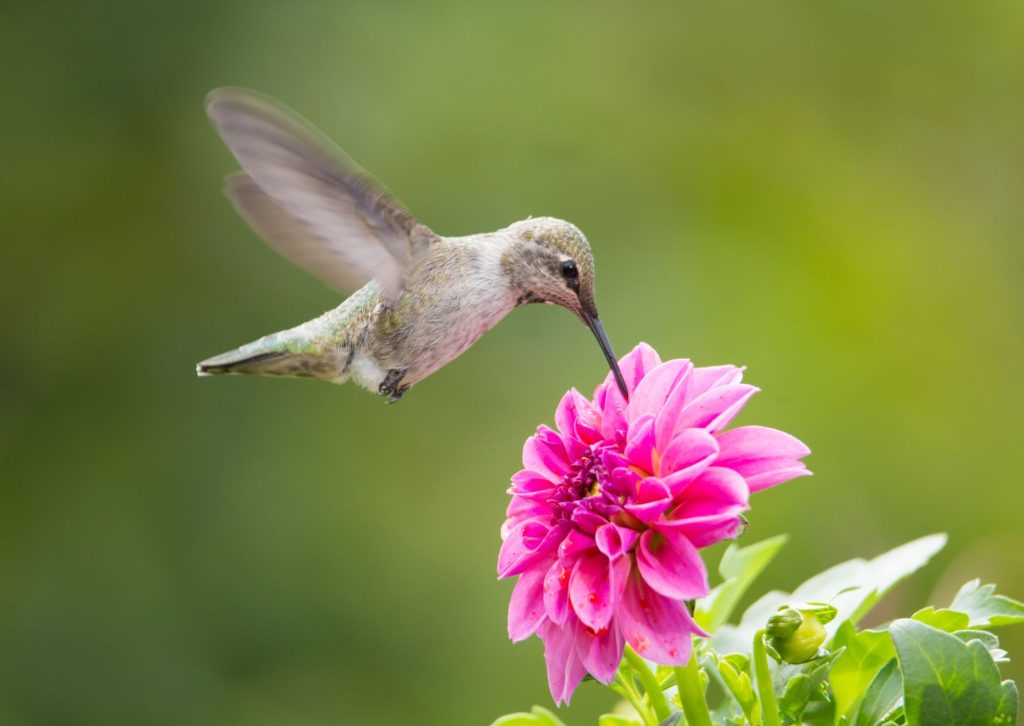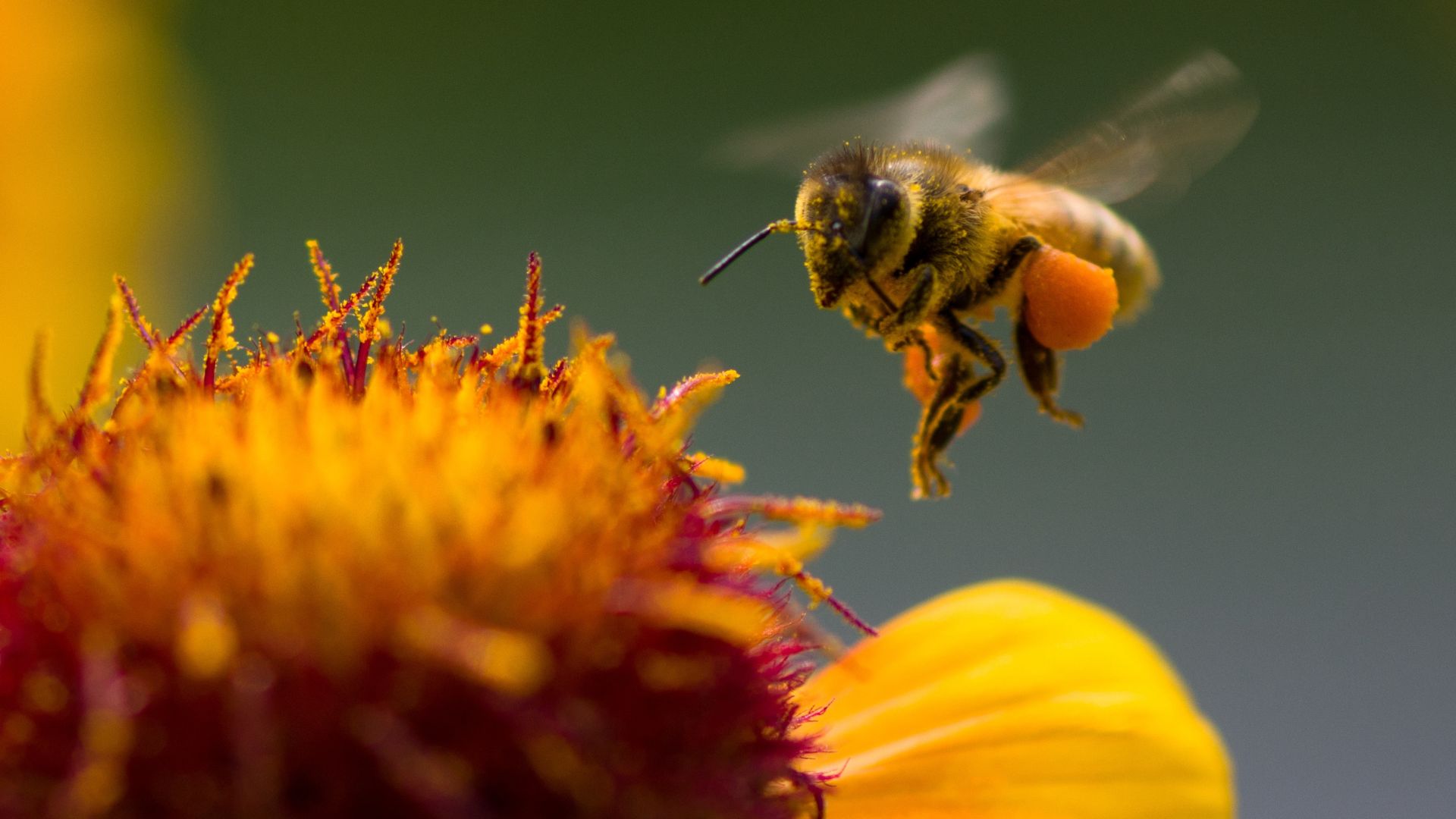Understanding the Significance of Pollinators
Pollinators are essential in the reproductive cycle of flowering plants, including many of the fruits, vegetables, and nuts that we rely on for food. As they visit flowers in search of nectar and pollen, they inadvertently transfer pollen grains from one flower to another, enabling fertilization and seed production. This process not only sustains plant populations but also supports the diversity of flora and fauna that depend on them.
The Diversity of Springtime Pollinators
Spring proclaims the return of a diverse array of pollinators, each with its own unique characteristics and behaviors. Among the diverse cast of pollinators, bees stand out as some of the most prolific and efficient pollinators, with honeybees and native bee species playing indispensable roles in agricultural and wild ecosystems alike. These hardworking insects visit flowers in search of nectar and pollen, transferring pollen grains as they move from bloom to bloom.



Butterflies, with their wings and flight, are not only a joy to observe but also essential pollinators for a wide range of flowering plants, particularly those with tubular-shaped flowers. Hummingbirds, with their long, slender bills and hovering flight, are adept at accessing nectar from deep within flowers, making them invaluable pollinators for many species, especially those with red or orange blooms. These key pollinators, along with other insects, birds, and bats, play vital roles in maintaining the health and diversity of ecosystems, ensuring the reproduction of countless plant species and providing essential ecosystem services upon which we all depend.
How to be Pollinator-Friendly?
Promoting Pollinator-Friendly Practices is paramount in ensuring the continued health and vitality of pollinator populations, which are essential for ecosystem balance and agricultural productivity. Gardeners and farmers alike can play a crucial role in supporting pollinators by implementing the following practices:
- Planting a diverse range of flowering plants: Opt for native plant species that bloom at different times throughout the growing season, providing a consistent and diverse food source for pollinators. By offering a variety of flower shapes, sizes, and colors, gardeners can attract a wide range of pollinator species, ensuring robust and resilient populations.
- Providing nesting sites: In addition to forage, pollinators also require suitable nesting sites to reproduce and raise their young. Creating habitat features such as brush piles, bee hotels, and undisturbed soil areas provides shelter and protection for pollinator larvae and nests. These nesting sites can mimic natural habitats and offer essential refuge for solitary bees, butterflies, and other cavity-nesting species.
- Avoiding chemical pesticides: Minimizing the use of synthetic pesticides and herbicides is critical for protecting pollinator health. These chemicals can have harmful effects on pollinators, disrupting their behavior, impairing their immune systems, and even causing mortality. Instead, opt for organic and integrated pest management (IPM) strategies that prioritize biological controls, such as beneficial insects and microbial agents, along with cultural practices like crop rotation and habitat diversification. Keep reading as we propose Bee-Safe Products and Bio pesticides you can use without jeopardizing the wellbeing of the pollinators nearby.
- Supporting natural habitats: Preserving and restoring natural areas such as meadows, woodlands, and wetlands is essential for providing additional foraging and nesting sites for pollinators. These habitats offer a rich diversity of native plants and ecosystems, supporting a wide range of pollinator species throughout their life cycles. By safeguarding these natural areas from habitat loss, fragmentation, and degradation, we can ensure that pollinators have access to the resources they need to thrive.

Pollinator-Safe Products
At Debbane Agri, we recognize the importance of protecting pollinators while managing pests effectively. That’s why we offer a range of bee-safe products and biopesticides that target pests while minimizing harm to beneficial insects like bees and butterflies. Our environmentally friendly solutions are backed by science and designed to promote pollinator health and biodiversity.
Siltac stands as a pioneering biological solution employing a mechanical mode of action to effectively control adult populations of pests. Notably, its residue-free nature renders it an ideal choice for organic farming practices. Moreover, its targeted approach ensures the safety of pollinators visiting treated trees or plants, as it exclusively targets the intended pests, minimizing collateral impact on beneficial insects.
SIVANTO prime is an innovative insecticide developed for a wide variety of fruit, nut, and vegetable crops. What sets SIVANTO prime apart is its focus on pollinator safety and minimal impact on beneficial species. While effectively controlling pest insects, including those resistant to other pesticides, SIVANTO prime preserves essential pollinators such as bees and beneficial insects like parasitoids, predatory mites, lacewings, hoverflies, and ladybird beetles. With SIVANTO prime, growers can achieve pest management goals while maintaining a healthy ecosystem balance.
Joining the Pollinator Conservation Movement
This spring, let’s all play a part in conserving and protecting pollinators. Whether you’re a homeowner, gardener, farmer, or policymaker, we’ve proposed actions you can take to support pollinator health and biodiversity. Get involved in community gardening projects, advocate for pollinator-friendly policies, and spread awareness about the importance of pollinators in our ecosystems.
As we welcome the arrival of spring and the return of pollinators, let’s commit to nurturing these vital contributors to our ecosystems. By embracing pollinator-friendly practices and supporting initiatives that promote their well-being, we can ensure a thriving environment for generations to come. Together, let’s cultivate biodiversity and celebrate the beauty and importance of pollinators in our lives.

